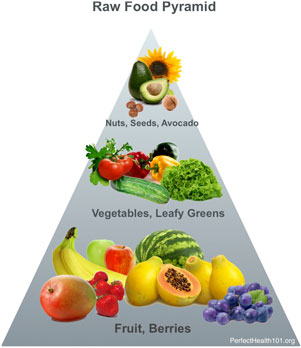12/26/2018 MAINTENANCE – PART 1
1 Cor. 6:19-20 Do you not know that your body is a temple of the Holy Spirit, who is in you, whom you have received from GOD? You are not your own; you were bought at a price. Therefore honor GOD with your body.
[New International translation]
BIBLICAL COMMENTS
The birth of JESUS marks an extraordinary event in human history. It is a divine event. It is a time when we marvel that GOD---OMNIPOTENT (all powerful), OMNISCIENT (all knowing), OMNIPRESENT (everywhere at the same time), and OMNIBENEVOLENT (all loving and all good), became flesh and blood, in the form of JESUS and dwelled among us, a sinful people, so that HE could show us “WHO HE (GOD) IS.” GOD became flesh in the natural world and became “living WORD.” He became and epitomized “LOVE,” “SACRIFICE,” “TRUTH” “TRUE FRIEND” “ELDER BROTHER,” and “RIGHT RELATIONSHIP WITH GOD.”
Another extraordinary event in human history is the indwelling of GOD’s HOLY SPIRIT within our bodies. Paul tells us in 1 Cor. 6:19 that our bodies are human churches or “temples.” Each of us is a temple. These “temples” are of extraordinary value to GOD because JESUS sacrificed HIMSELF so that we might have life----life here on earth and spiritual life hereafter.
But, while on earth, like any physical temple, a certain amount of regular and ongoing maintenance is necessary!
PHYSICAL MAINTENANCE FOR MEN (Physical Maintenance for Women next week)
According to WebMD, men should have a number of check-ups. These may include:
Daily:
- Dietary Checks- Consumption of more fruits, vegetables and whole grains, low-fat cheese or fortified soy products (on non-raw days), using vegetable oils (olive, canola, corn, soy), and eating less added sugar, solid and trans fats and salt. (Per 2010 ADA Guidelines)
- Exercise check-ups- Following The CDC and the American College of Sports Medicine joint recommendations, engaging in at least 30 minutes of moderate-intensity exercise (for example, a brisk walk that increases your heart rate and breathing) on most days of the week.
- Daily Oral Hygiene check-ups – Brushing your teeth at least twice a day and floss at least once a day.
Monthly:
- Testicular self-examination- feeling for any abnormal lumps
- Skin self-examination – looking for changes in moles and seeing if there are changes in size, color and shape.
Other:
- Dental Checkup – In addition to regular brushing and flossing, visiting a dentist every six months for cleaning;
- Blood Pressure Checkup - Men over 50 or who have a family history of high blood pressure should have their blood pressure checked at least every year.
- Colon Cancer Screening –Most colon cancer screening begins at the age of 50. On a yearly basis, a doctor may provide special take-home tests to determine if there is blood in the stool.
- Prostate Cancer Screening – Most doctors will start prostate cancer screening at the age of 50. Those who are at higher risk, such as being African American or having a family history, may start screening earlier.
- A Routine Yearly Examination- Doctors generally suggest that a routine yearly examination is important to provide health and preventive screenings, to update medical history and receive a thorough all-over examination.
- Cholesterol check- The American Heart Association recommends men start cholesterol screening and checks at least by age 20 and thereafter every four to six years. If your cholesterol is borderline or you have heart disease, you may require more frequent screening. Heart disease is one of the top “killers” of men. Everyone with high cholesterol needs treatment, which for many mean diet and exercise.
- Colonoscopy – At age 50 another routine cancer screening is a colonoscopy. Biopsies can be taken of polyps or they can be removed. This test may be repeated every 10 years thereafter, if normal.
- Tetanus booster – If you are the type of person who gets a lot of cuts and scrapes, you may speak to your doctor about whether a tetanus booster is recommended.
See, “Routine Maintenance for Men: A schedule for checkups and tests that will keep a man’s body in good running order.” By Martin F. Downs, www.webmd.com.
This is not a complete list. You may want to speak to your own doctor for a list of daily, monthly or yearly check-ups more tailored to your individual needs. This list is informational and not an attempt to provide specific medical advice.


